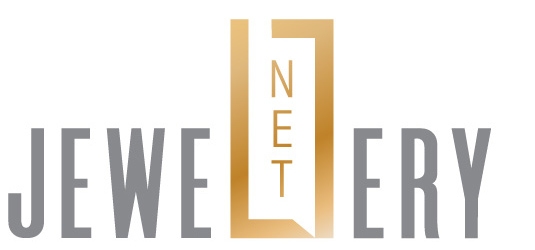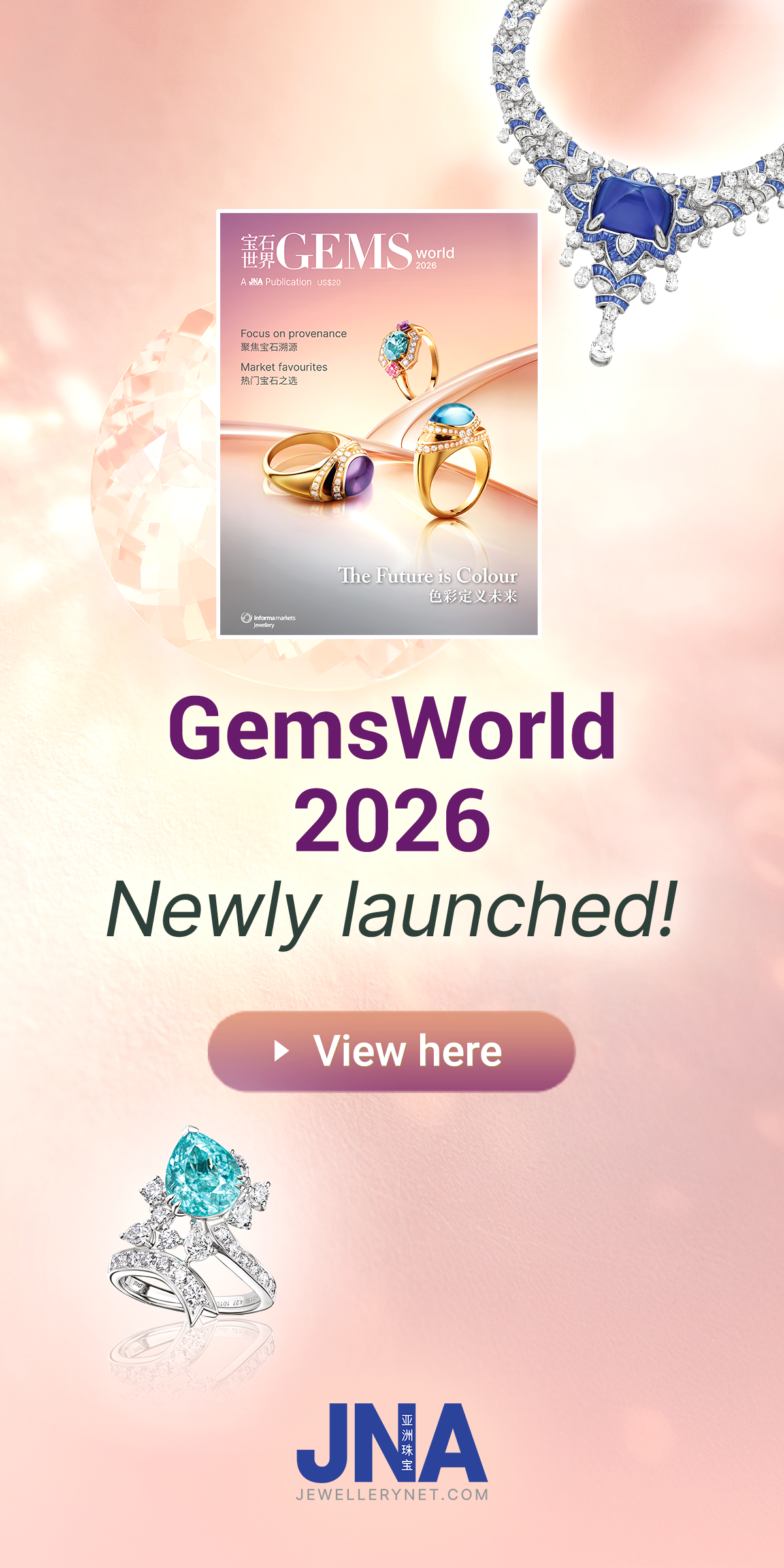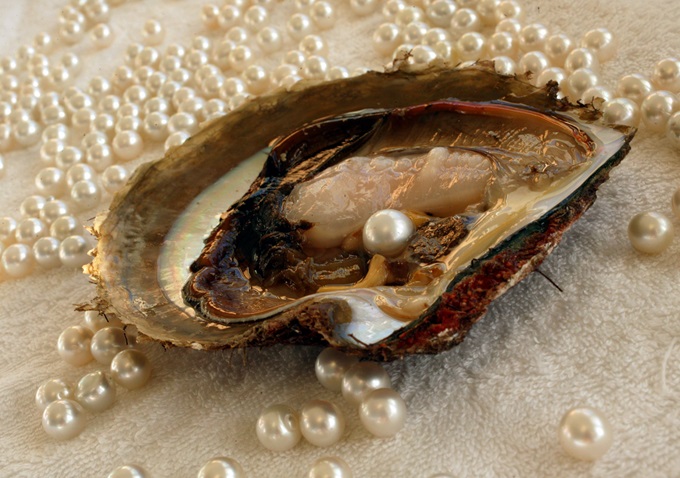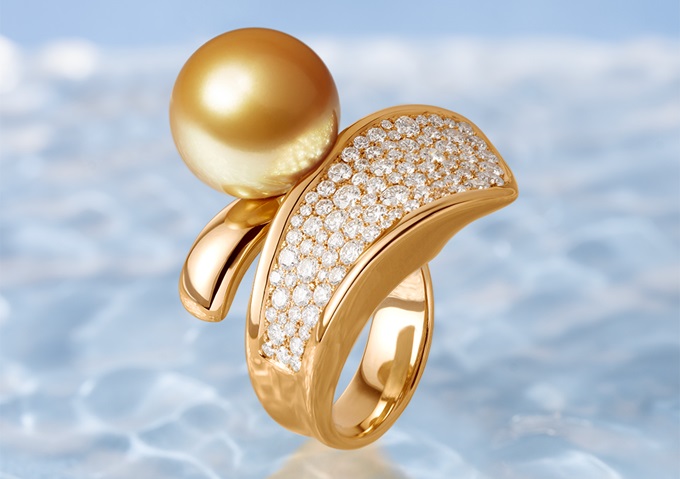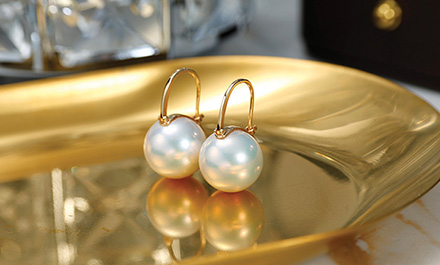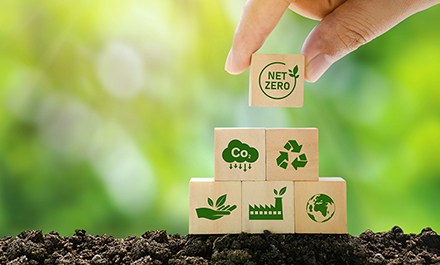Grown in pristine waters using environment-first farming techniques, pearls offer a unique value proposition that is as captivating as it is impactful.
The pearl is experiencing a renaissance of sorts – finding itself at the centre of several social phenomena led by sustainable development and responsible sourcing.
Pearl producers can leverage this sustainability factor inherent in pearls to align with the ideals of more discerning consumers, transforming the lustrous gem as the epitome of environmental stewardship.
This distinction sets pearls apart from other gemstones, according to Jacques Christophe Branellec, CEO of Philippines-based pearl specialist Jewelmer.
Pearls also serve as indicators of environmental well-being. Branellec noted, “Pearls can only be grown in pristine waters, which reflect a healthy marine environment, contributing to the bounty of the seas and the betterment of local communities around the pearl farms.”
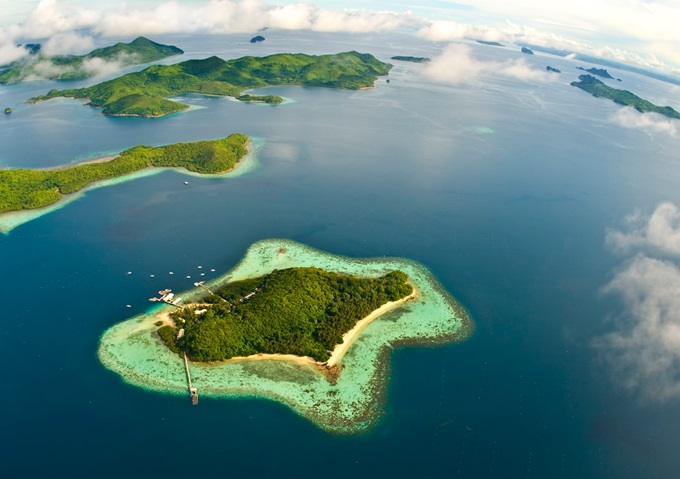
Jewelmer's pearl farm in Palawan, Philippines
Environment first
Jewelmer’s pearl farms, nestled in the gleaming waters off Palawan Island, uphold the highest standards of environmental stewardship and conservation, with sustainability at the core of operations.
The pearl farms act as “biogenerators” by contributing to the area’s marine biodiversity and biodensity without depleting the surrounding natural resources.
“Our processes do not hinder marine life from growing; they help promote it instead,” explained Branellec. “However, environmental changes beyond our control are constant reminders that Mother Nature is at the helm.”
Fully funded by the group and its pearl farms, the Save Palawan Seas Foundation established in 2006 is also at the heart of Jewelmer’s marine conservation and protection goals.
The foundation’s core projects consist of early-childhood programmes aimed at spreading awareness about climate action among the next generation; marine and fisheries initiatives meant to educate fisherfolk on environmental protection, and waste management classes to promote changes in human behaviours and actions that lead to pollution.
“South Sea pearls are the only gems that come out the way nature intended them to be. There is no need to cut, polish or shape them,” noted Branellec.
Natural treasures
Rosario Autore, founder of Australia’s Autore Group, described South Sea pearls as “a gift of nature.”
“Pearls are the only sustainable and renewal gem. They are environment-friendly, in contrast to other gems which are mined and processed,” explained Rosario. “The pearl industry is in a unique position within the jewellery market to market and sell this product, which continuously promotes regeneration and sustainable processes.”
The company’s operations in Australia and Indonesia are built on regenerative aquaculture.
At the core of its sustainability agenda are conscious farming, marine protection, community empowerment, reef regeneration and education, to name a few.
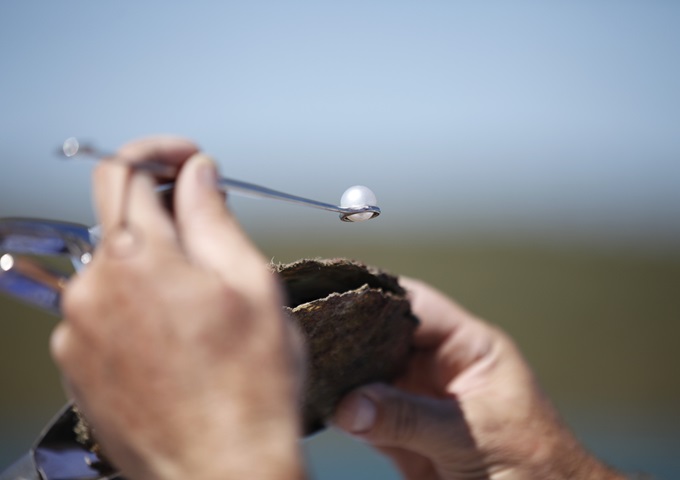
White South Sea pearl from Paspaley
Paspaley is also making waves on the sustainability front, having launched its inaugural sustainability strategy, Pearl Stewardship, in 2024.
Pearl Stewardship is a six-year roadmap to achieving Paspaley’s sustainability objectives while addressing environmental, social and governance (ESG)-related risks and opportunities across the value chain. It demonstrates how Paspaley responsibly sources its pearls and mother-of-pearl through evidence-based reporting, transparency and compliance.
“The pearling industry has been applying sustainability even before the term was coined in 1987. We are reliant on a healthy marine ecosystem to keep producing high-quality pearls that are desired in the market,” said Dr. Rebecca Koss, sustainability manager at Paspaley.
Buyers are increasingly looking for products that are sustainably made, she added. According to a Paspaley-commissioned report, 86 per cent of next-generation consumers, or those aged 18 to 36, are willing to pay a premium for a product or brand produced in an environmentally conscious way.
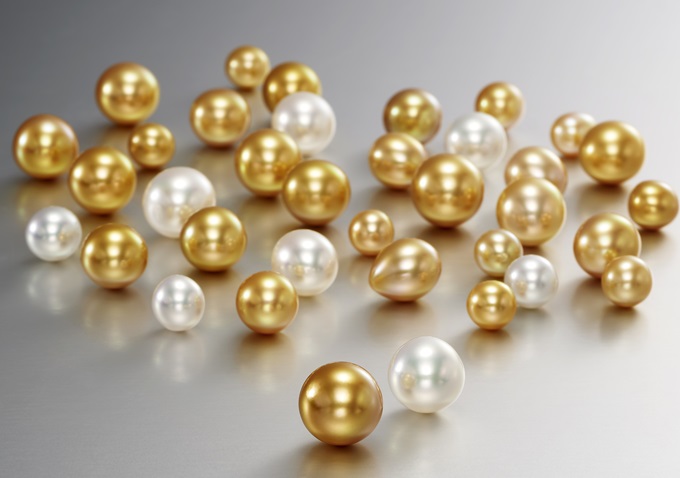
South Sea pearls from Rio Pearl
At Rio Pearl, policies on effective communications, resource allocation and pollution prevention are guiding the company's sustainability initiatives.
To ensure that it minimises any adverse environmental impact caused by its pearl farming activities in Myanmar, Rio Pearl regularly commissions a third-party consultant to generate Environmental Impact Assessment reports.
From these reports, an Environmental Management Plan, which involves regular monitoring of data parameters such as turbidity, pH levels, temperature and other important factors, is developed.
This robust monitoring system enables Rio Pearl to manage pearl culturing and harvesting processes effectively as well as employ efficient waste management practices.
Infrastructure at its Myanmar pearl farms is also being enhanced. This includes greater access to electricity and development of the main road to connect the village with key facilities. Additionally, smaller roads and tube wells have been built. As part of efforts to foster sustainability, Rio Pearl has also put in place measures to reserve rainwater for future use, particularly during the rainy seasons.
JGW & JNA: 42 Years, 42 Stories is an online series running throughout 2025 to celebrate the 42nd anniversary of Jewellery & Gem WORLD Hong Kong and JNA. A new story of creativity, craftsmanship and innovation will be released every week. Subscribe to free JNA News Alerts to be notified when the next story is out.
